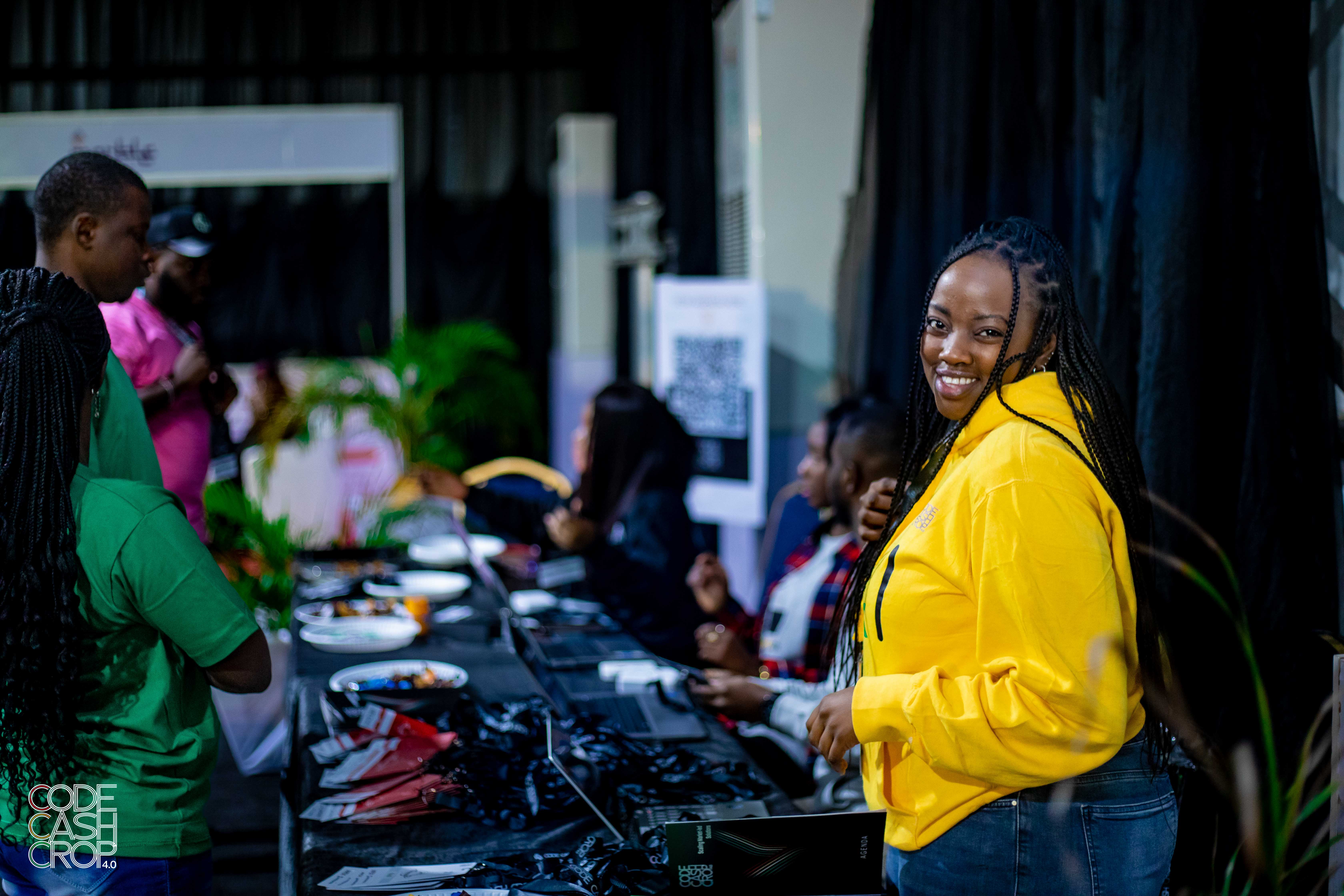Reading time:5 min read
CCC 4.0 Blog: What I learned from my first experience of organizing a Pan-African ag-hackathon
It's 7:00 am in the morning, as at the time of this writing and I haven’t closed my eyes for a minute since the last two days. I hope my words make sense, but the excitement of planning a big agritech event and having your representatives from Kenya win is hard to contain. It was such a rewarding and enriching experience that I want to share some of the key lessons I learned with you. But first, let me tell you how it all began.
Agritech in Kenya
For decades, Kenya has been touted as the ‘land for tech’ because of its remarkable reputation for embracing technology and innovation in Africa. The country attracts a lot of tech investments from both local and international sources and the people are curious and eager to explore the potential of tech solutions for various challenges and opportunities. This is why Kenya is considered one of the leading tech hubs in the continent.
Hence, the Code Cash Crop 4.0 Ag-Hackathon was a unique opportunity for young innovators in the country to showcase their solutions for the agricultural sector.
It all began when my colleague, Adanna, gave me a call one day and said, “Start preparing, we plan to have Code Cash Crop 4.0 in Kenya.” I have never done this before but it’s amazing to see the work we put in, cramming in weeks of learning, and collaborating with incredibly talented Xperts in Nigeria to bring the vision to life. For the first time, Kenya joined Nigeria in this exciting challenge, bringing more diversity and creativity to the table. Out of the 22 submissions from Kenya, four finalists were selected to present their ideas to a panel of experts on 7th and 8th July at Moringa School, a leading coding academy in Nairobi.
The event was not without its difficulties, as political protests disrupted the city on the first day of the hackathon. However, this did not deter the enthusiasm and passion of the participants and guests, who came to learn more about AFEX, a leading commodity exchange platform in Nigeria, and the problems they were trying to solve. The four finalists pitched impressive solutions that addressed various issues such as post-harvest losses, market access, quality control, and traceability. The judges were impressed by the quality and feasibility of the proposals, and after a tough deliberation, they announced the winners: Eliud Rugut, Silo Africa, and Michael Munavu, MCHE.
The road to CCC 4.0 grand finale
The road to Code Cash Crop 4.0 was more like a game, a sport that infused excitement and enthusiasm in the participants, including Michael and Eliud. Their victory at the boot camp meant that I got to travel with them to Nigeria for the first time ever. At the same time, it meant we had to step out of our routine tasks and use our inherent skills to develop new ideas.
Eliud’s solution, Silo Africa is a platform that connects smallholder farmers with storage facilities and buyers, reducing post-harvest losses and increasing income. While Michael’s solution, MCHE is a mobile app that uses artificial intelligence to detect crop diseases and pests and provide recommendations for treatment and prevention.
We began the process of ensuring that Eliud and Michael were prepared to present at the CCC finale. Being my first CCC, I felt both the participants and I were experiencing the same jitters and excitement ahead of the finale. I became the liaison between my colleagues in Nigeria and the finalists making sure they got the AFEX experience of traveling while at the same time getting ready to pitch to an audience in a foreign country.
The finale was a thrilling experience for the Kenyan team who got to network with other innovators, mentors, and investors from the Nigerian ecosystem. They also got to pitch their solutions to a larger audience and receive feedback from renowned experts in the field. The competition was fierce, but the Kenyan team did not disappoint. They emerged as the second and first runner-up respectively, taking home two out of the three cash prizes. This was a remarkable achievement for Kenya, as it was their first time participating in the Code Cash Crop.
The Kenyan team was ecstatic about their performance and expressed their gratitude to AFEX and Moringa School for organizing the hackathon and supporting their journey.
Learnings from the Ag-Hackathon
At an individual level, I felt that the hackathon offered tons of learning and every participant came out acquiring a new ability. It might have been a new skill or a fresh idea or approach to implementing a concept. At the end of the event, each techie had something to add to their existing skill sets.
It also provided valuable lessons for the team, as we plan to improve our outreach and engagement strategies for next year. We aim to involve more universities and colleges in Kenya, as well as encourage more female-led solutions. The only female finalist in this year’s hackathon was Mary Wanjiku, who pitched Farm Trace, a blockchain-based platform that enables traceability and transparency in the food supply chain.
The CCC 4.0 Ag-Hackathon was a successful event that showcased the talent and innovation of young Africans in the agricultural sector. It also fostered collaboration and learning among different stakeholders in the ecosystem. We hope that this event will inspire more people to join us next year for CCC 5.0, where more Kenyan participants aim to take all top three spots and cash prizes (humble brag).
Written by: Natasha Njoroge, Analyst Corporate Services
